Workshop 1: BMS Hardware Design Fundamentals
Original price was: 3,650.00€.2,400.00€Current price is: 2,400.00€.
This one-day intensive workshop covers the core concepts and techniques for designing Battery Management Systems (BMS) hardware. Participants will gain a solid understanding of BMS architecture, critical components, and how to implement design best practices for efficient power management and safety compliance. This workshop is ideal for those involved in designing, developing, or maintaining BMS hardware.
Duration: 1 day
Level: Intermediate
Target Audience: Engineers, developers, and professionals looking to learn or enhance their skills in BMS hardware design.
Key Benefits:
Gain hands-on knowledge of BMS hardware design.
Understand critical safety standards in BMS development.
Learn best practices for component selection and integration.
Improve your ability to design power-efficient systems.
Who Should Attend?
Electronics engineers, hardware developers, and anyone working in the field of battery management and energy storage systems.
Description
Topics Covered:
BMS Architecture Overview
Explore the foundational structure of a BMS, understanding how various components work together to manage and monitor battery systems effectively. Different topologies and application specific topology selection.
Power Management Circuits
Learn about key power management elements such as voltage regulators for BMS system in Automotive Military and Avionics, Differences and reasons, current sensing technologies including hall effect and shunt and transformer, and protection circuits for managing battery safety.
Component Selection
Get insights into choosing the right sensors, ICs (Integrated Circuits), and communication interfaces (RS485, CAN, I2C) for your specific BMS application.
High-Voltage and Safety Considerations
Understand the challenges of working with high-voltage systems, including MIL-STD-461G and MIL-STD-464C compliance for emissions, susceptibility, and ESD protection.
PCB Layout Best Practices
Learn how to design printed circuit boards (PCBs) for optimal power efficiency, heat management, and signal integrity, crucial for maintaining system performance.
You may also like…
-
16s BMS slave module – Battery management system expansion
Original price was: 200.00€.180.00€Current price is: 180.00€. -
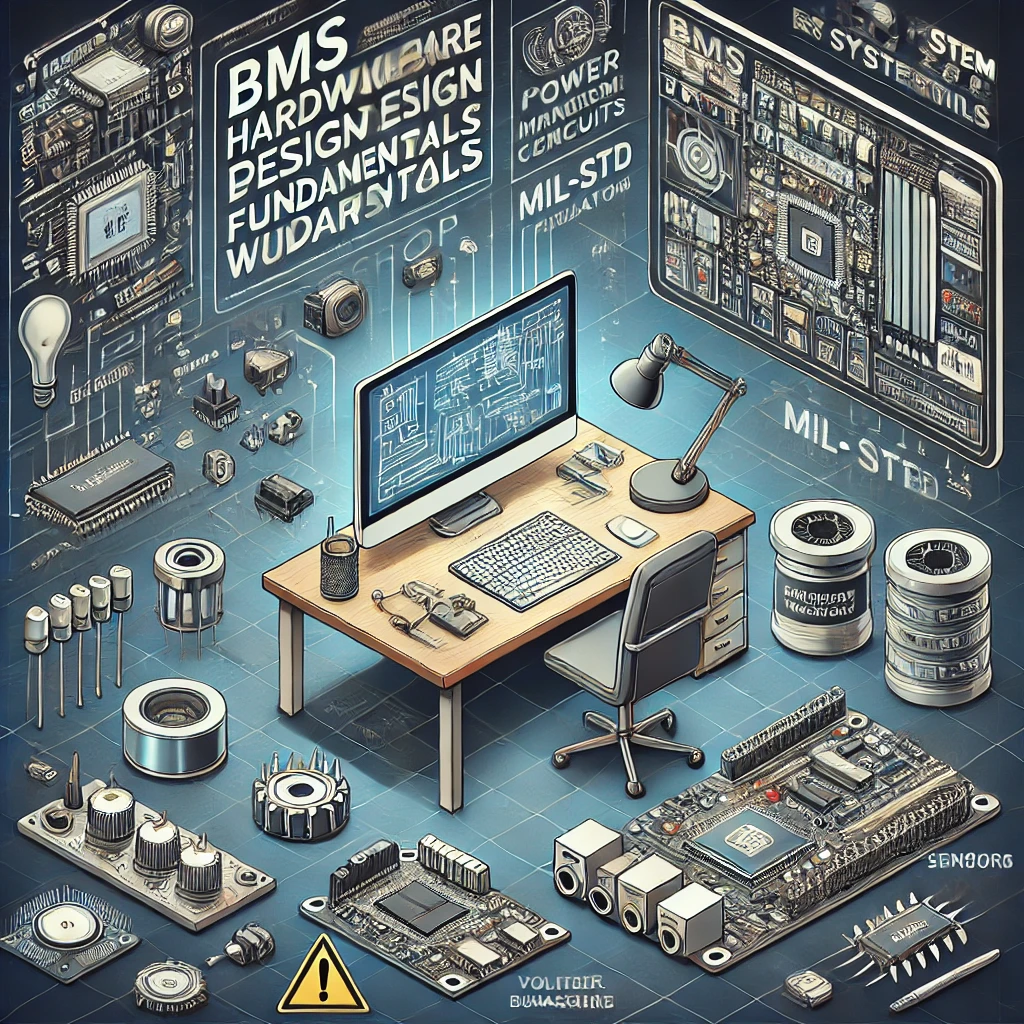
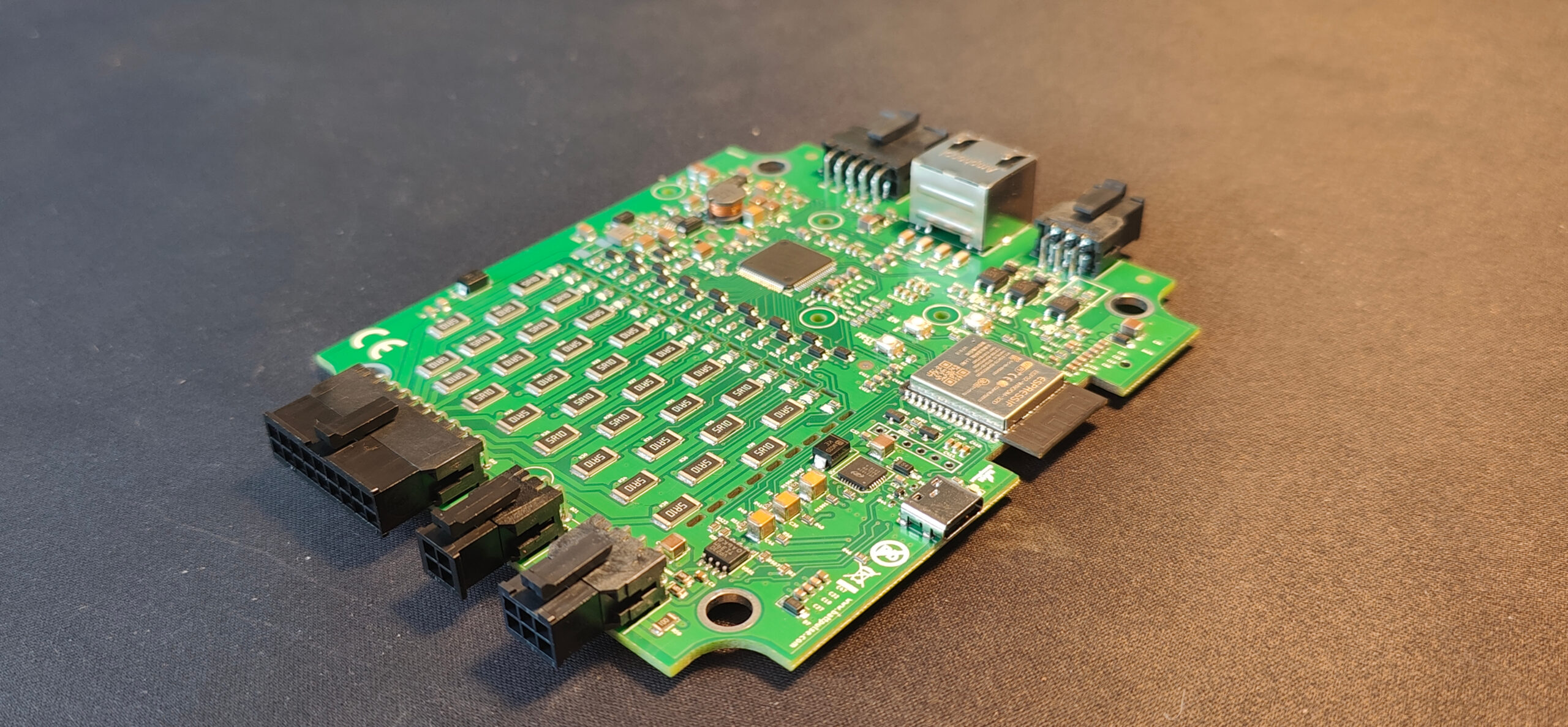
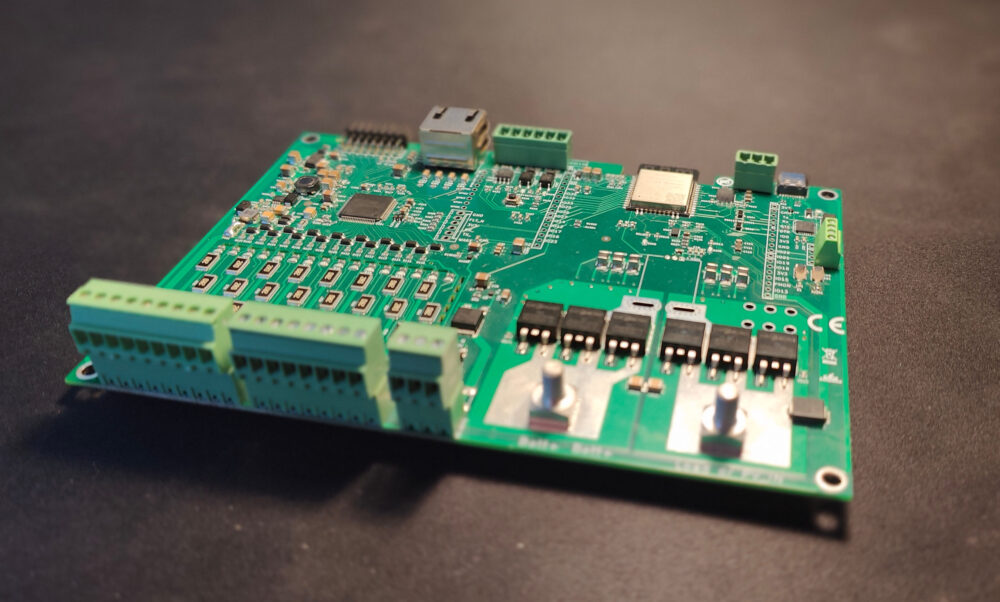
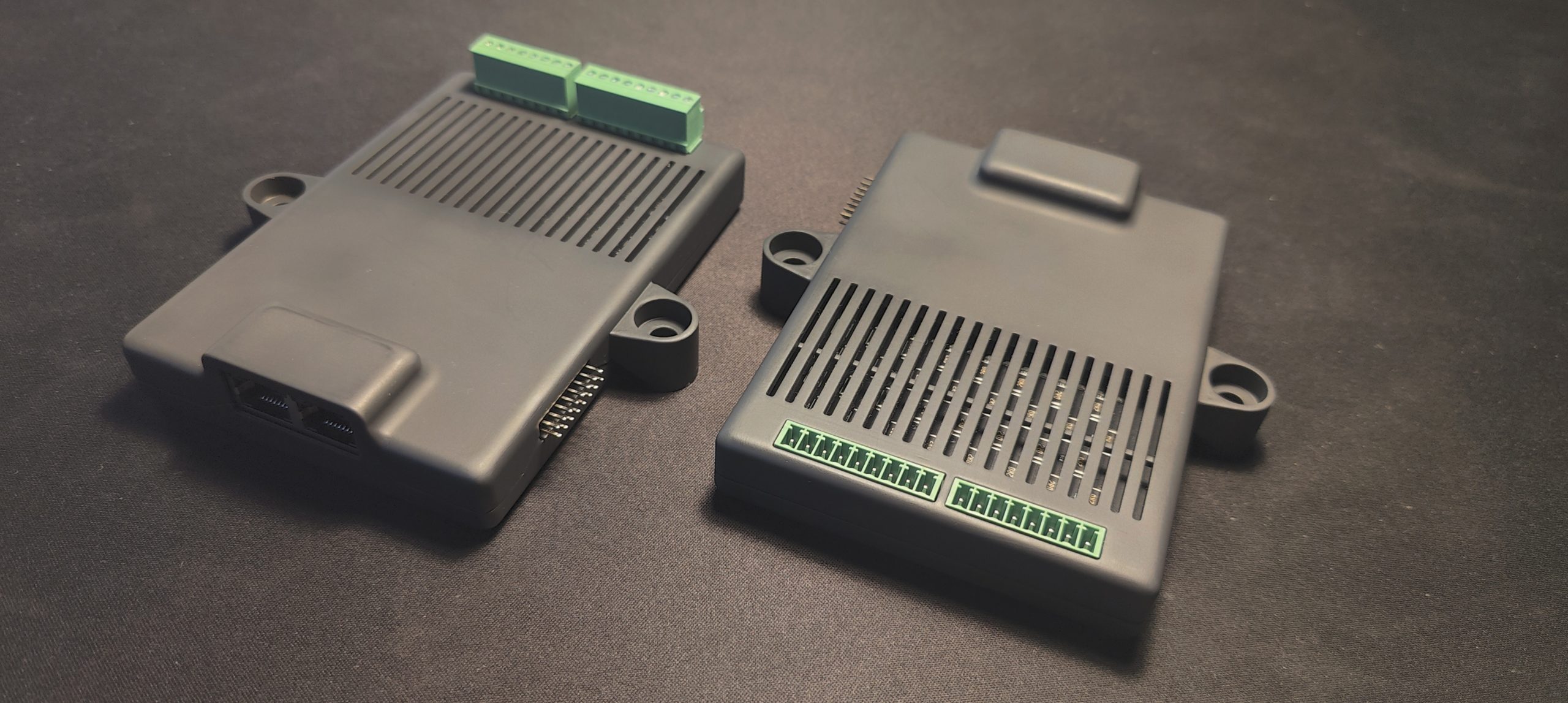

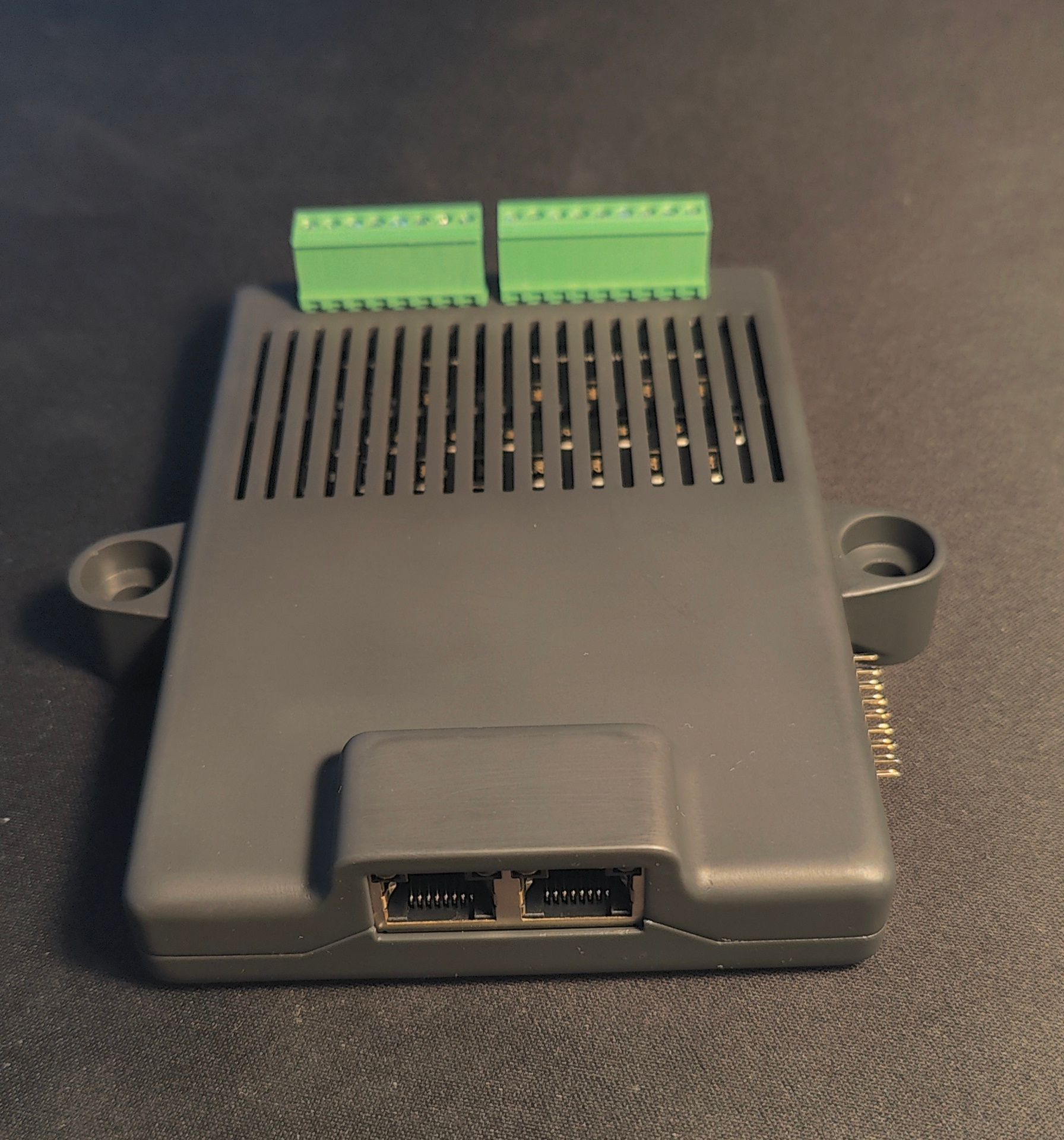
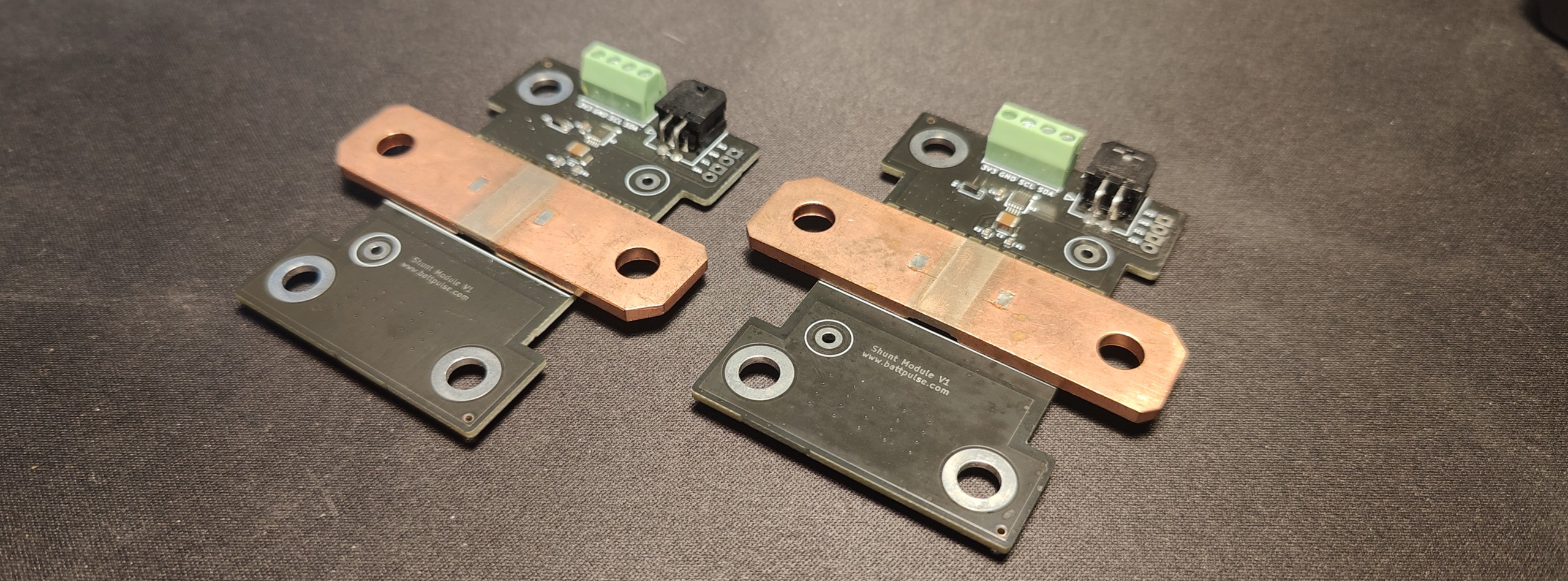
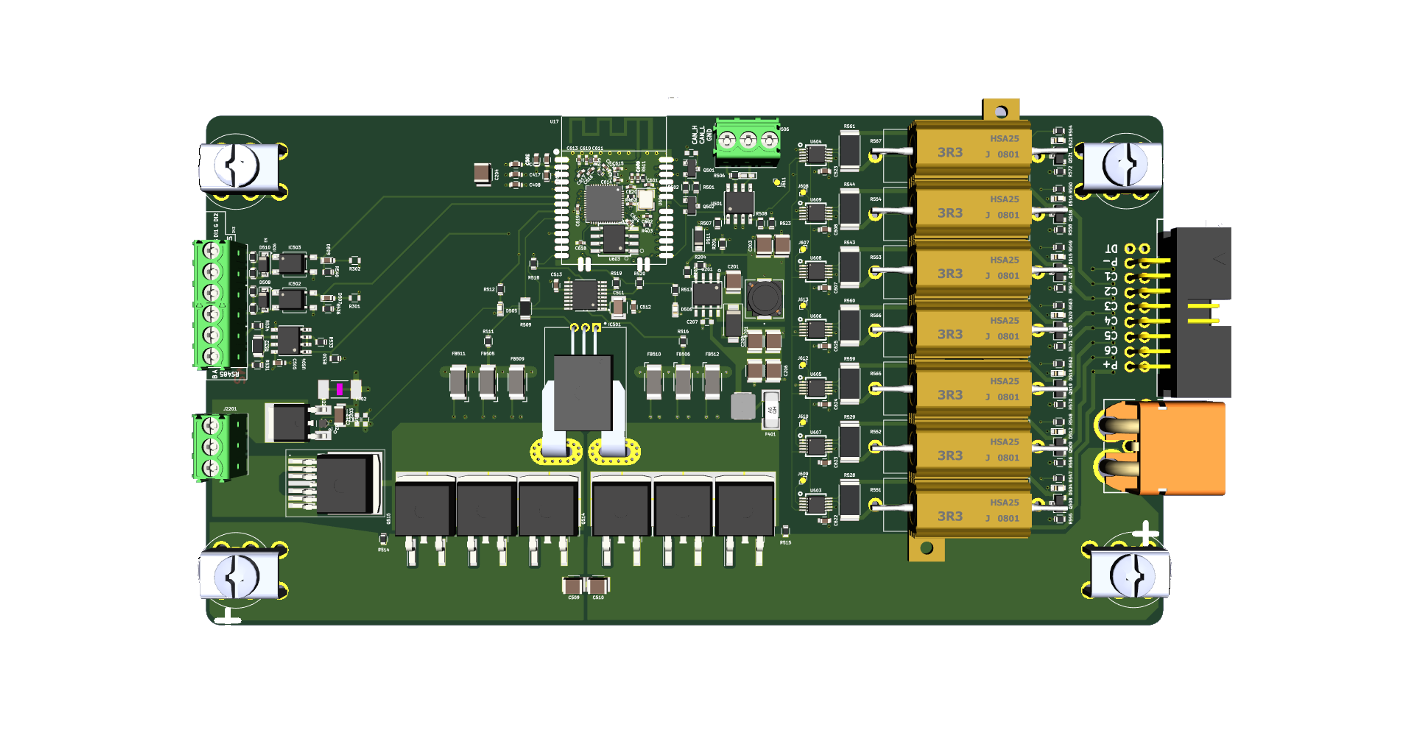

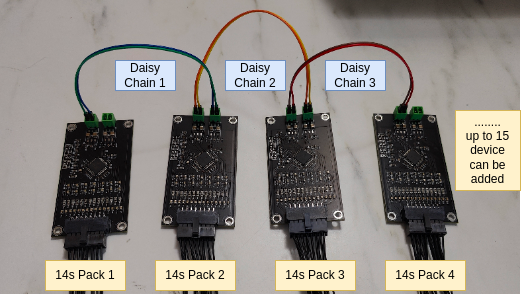
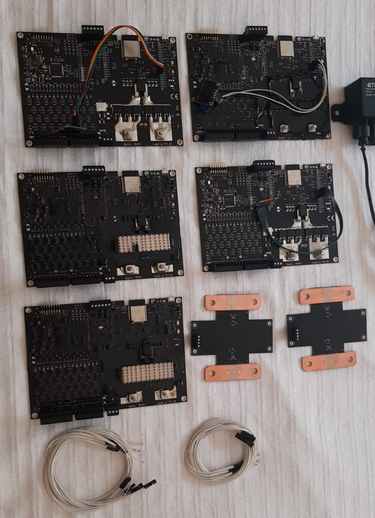
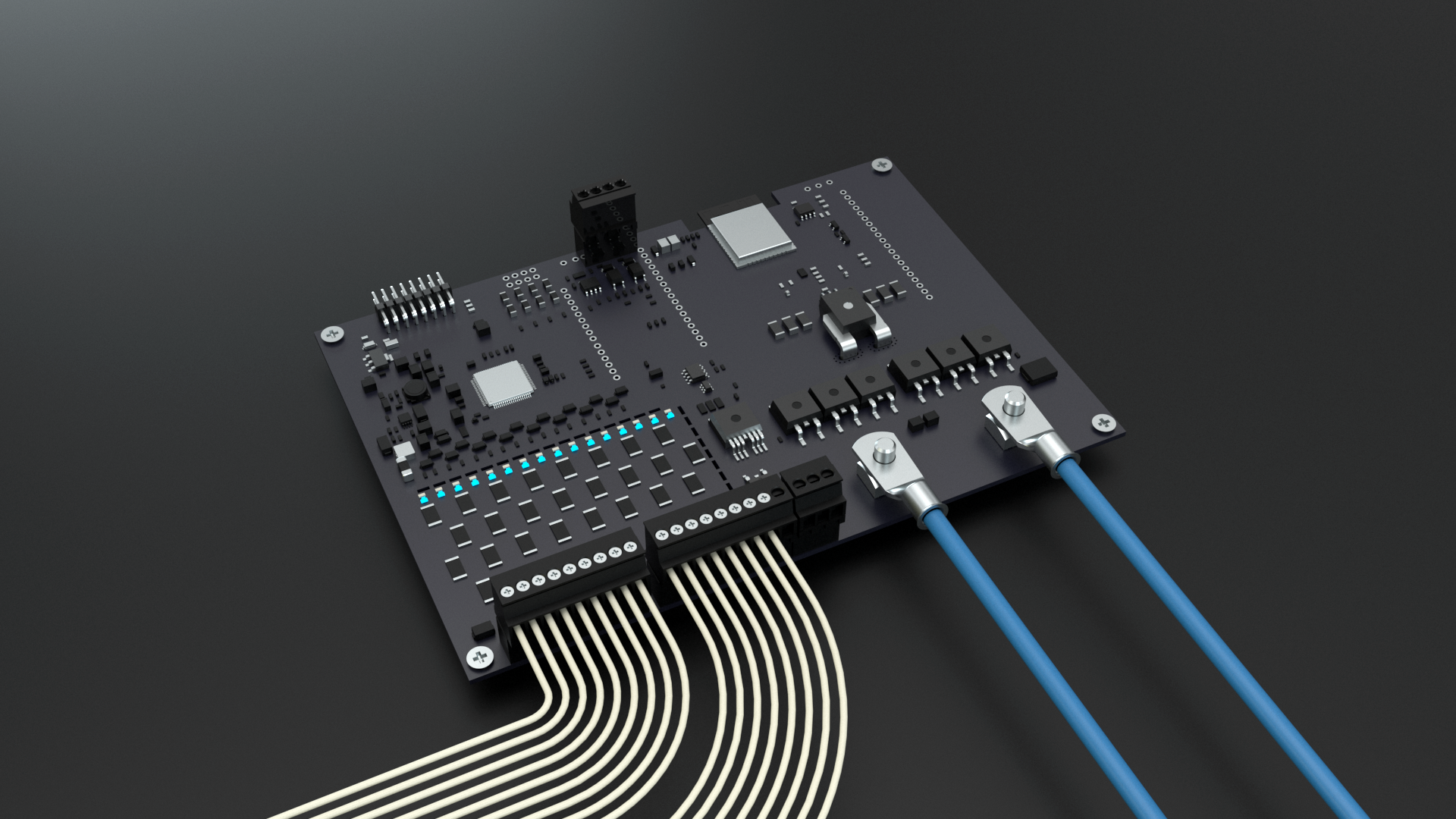



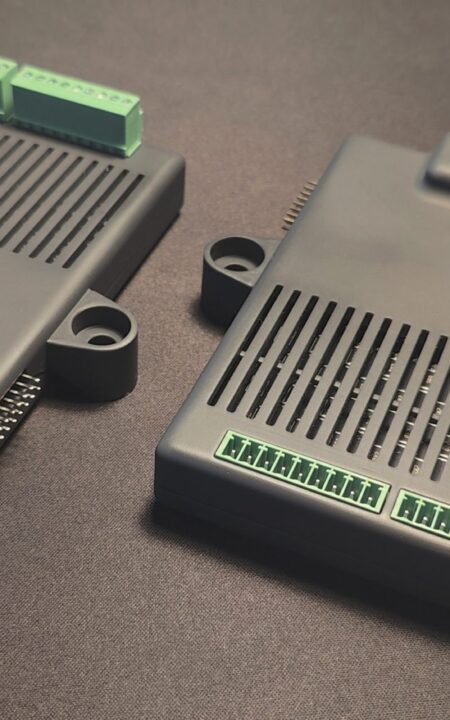
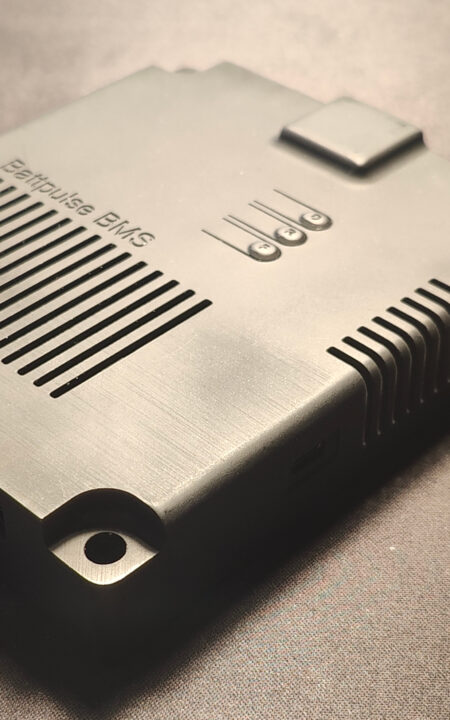
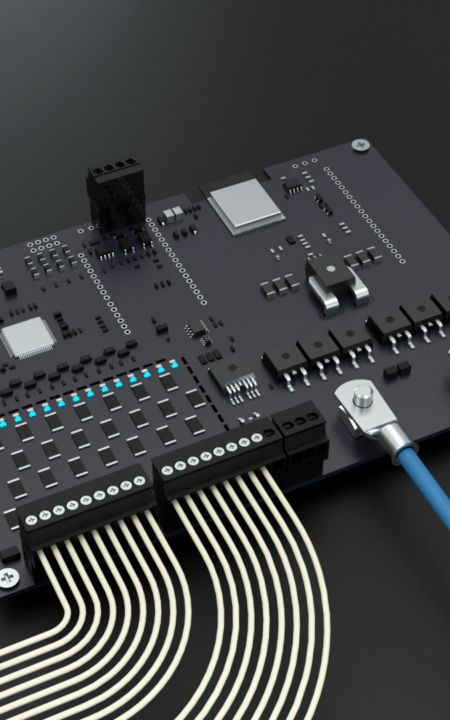
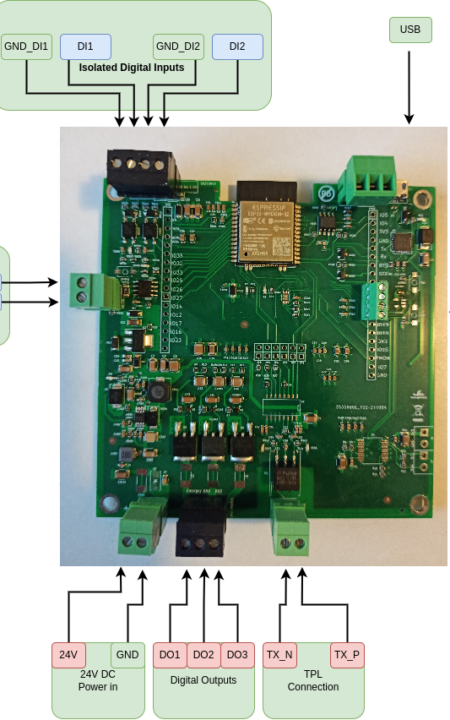

Reviews
There are no reviews yet.